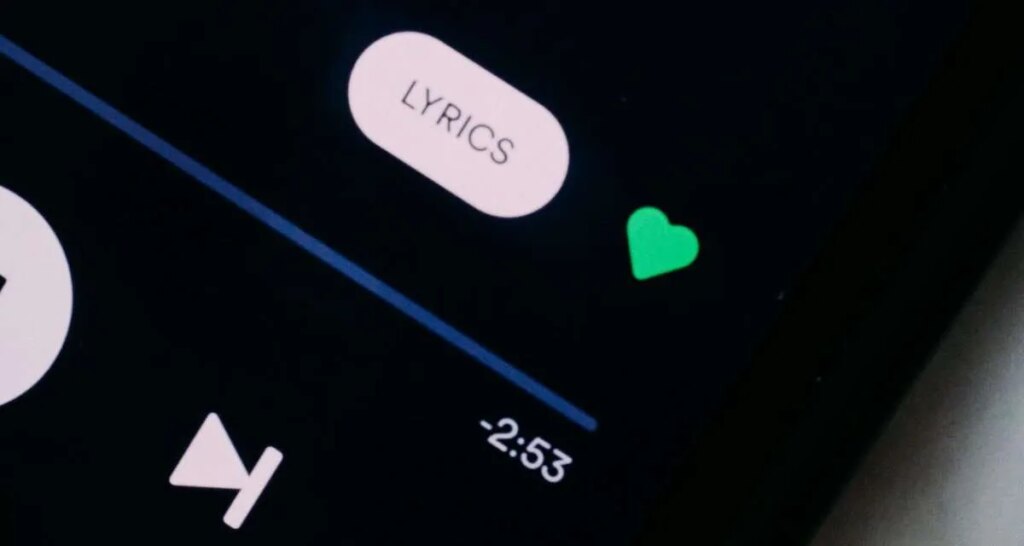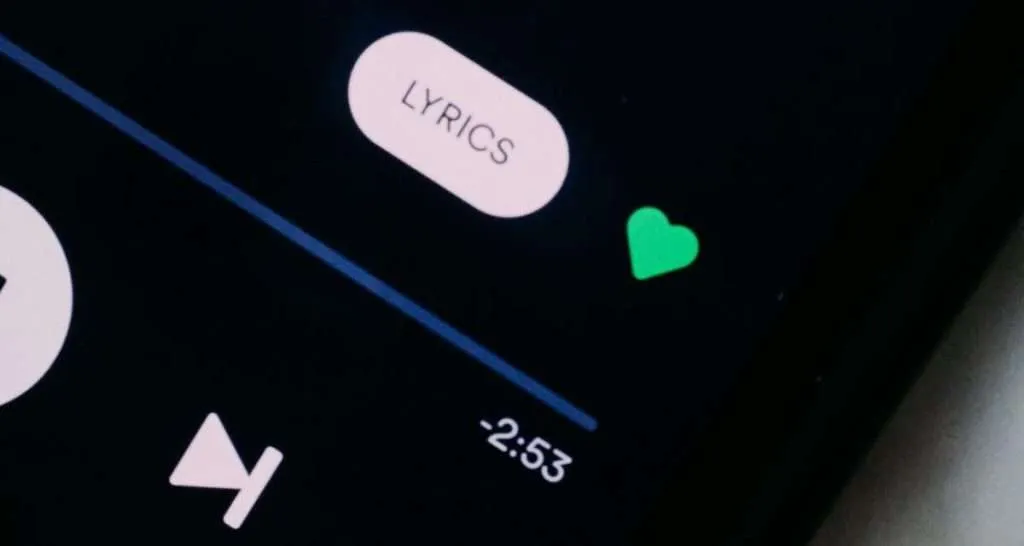Federal Judge Rejects Most of Musixmatch’s Dismissal Motions in LyricFind Antitrust Battle


A federal judge has rejected most of Musixmatch’s dismissal arguments in an intensifying antitrust suit levied by LyricFind. Photo Credit: charlesdeluvio
Let the (legal) battle of lyrics providers continue: A federal judge has rejected the majority of Musixmatch’s dismissal arguments in the high-stakes antitrust complaint levied by LyricFind.
Judge Jacqueline Corley just recently ruled on the dismissal motions of Musixmatch as well as its TPG parent. As we reported at the time of the case’s March 2025 filing, LyricFind is accusing the defendants of masterminding an anticompetitive scheme designed to cut it off from the lyrics market, harming DSPs in the process.
Long story short, said scheme allegedly saw Musixmatch/TPG attempt to buy LyricFind in the face of intensifying competition; leak NDA-protected information to disrupt its (LyricFind’s) Spotify negotiations after the buyout attempt failed; enter into an exclusive Warner Chappell deal as the negotiations carried on; and, owing to the publisher’s sizable catalog, ultimately leverage the exclusive pact to extinguish competition.
Also as broken down by DMN, Musixmatch promptly denied the claims, publicly criticized the “nuisance lawsuit,” and pushed for dismissal.
Returning to the dismissal-motions ruling, then, Musixmatch was looking to toss the complaint on jurisdictional grounds.
Once again in the interest of brevity, LyricFind is based in Canada, Musixmatch is headquartered in Italy, and the latter inked its exclusive Warner Chappell pact in the U.K.
But those facts don’t mean that the case cannot be brought in the States, Judge Corley determined in more words, emphasizing the alleged anticompetitive practices’ stateside impact.
“[A] defendant that operates in a global market cannot rely on the fact of that global market to escape specific personal jurisdiction in the United States,” the court wrote.
“In sum, LyricFind made a sufficient showing the Exclusive implicates valuable works owned by WCM US and further, that the Exclusive’s anti-competitive effects are targeted at DSPs, many of which are based in the United States,” Judge Corley continued.
The judge also rejected most of the dismissal requests concerning an alleged failure to state antitrust claims.
In a nutshell: LyricFind effectively alleged plausible antitrust injuries when it comes to boxing out competing lyrics providers from DSP agreements.
“At this stage, as the record now stands,” the judge spelled out, “LyricFind’s allegations support an inference of antitrust injury. … [C]ontrary to Musixmatch’s assertion at oral argument, the complaint supports an inference WCM would have continued working with LyricFind if not for the Exclusive.”
Next, Musixmatch was looking to dismiss for a purported failure to allege an “unlawful exclusive agreement.”
“Put another way,” Judge Corley wrote when rejecting these distinct dismissal motions, “LyricFind plausibly alleges that even if it offered superior services and prices, DSPs would still contract with Musixmatch because they need access to WCM songs and are unwilling to bear the cost and inconvenience of contracting with Musixmatch for WCM songs and with LyricFind for the rest.”
Separate market and monopoly power dismissal arguments didn’t fare much better – “LyricFind plausibly alleges direct evidence of market/monopoly power” in terms of the higher post-exclusive licensing rates paid by Spotify and iHeartMedia, per the legal text.
Likewise denied were dismissal motions pertaining to the possibility of concerted action between Warner Chappell and Musixmatch – “LyricFind plausibly alleges Musixmatch and WCM are legally capable of conspiring,” the former to exclude competition, the latter to boost profits.
Finally, TPG’s claims that it isn’t personally liable for the alleged anticompetitive conduct didn’t get the job done either, per the judge, who pointed to the appointment of TPG partners to Musixmatch’s board and more.
“Whether under a single-enterprise theory of liability or an approval theory,” the court summarized, “LyricFind plausibly alleges facts supporting an inference that TPG through its own independent acts participated in and furthered the alleged antitrust violations.”
All that said, TPG and Musixmatch did convince the judge to toss a breach of contract claim centering on the aforementioned alleged disclosure of NDA-protected info.
“But LyricFind does not allege what information was disclosed and the circumstances of the disclosure,” Judge Corley indicated, proceeding to also grant dismissal on a negligent interference claim with leave to amend.
Link to the source article – https://www.digitalmusicnews.com/2025/09/04/musixmatch-lyricfind-dismissal-rejected/
-
60 Pieces Drum Gel Drum Dampeners Pads Silicone Drum Silencers Soft Drum Dampening Gel Pads Drums Soft Drum Dampeners for Drums Cymbals Tone Control$8,89 Buy product
-
Kmise Banjolele Banjo Ukulele Concert Ukelele 4 String 23 Inch Sapele Wood Musical Instrument with Flower Shape Abalone Dot$84,99 Buy product
-
Kurrent Electric (2 Pack of Type-A MIDI to 3.5mm Adapter 14″ Inch Cable$14,99 Buy product
-
LTGEM Travel Hard Carrying Case for Akai Professional MPK Mini MK3 / MPK Mini Play MK3 / MPK Mini MKII/MPK Mini Play – 25 Key USB MIDI Keyboard Controller – Travel Protective Carrying Bag$24,99 Buy product
-
Roland JUNO-DS 61-Key Lightweight Synth-Action Keyboard with Pro Sounds$599,99 Buy product
-
Ibanez SR300EDX Standard Bass Rose Gold Chameleon$399,99 Buy product











Responses